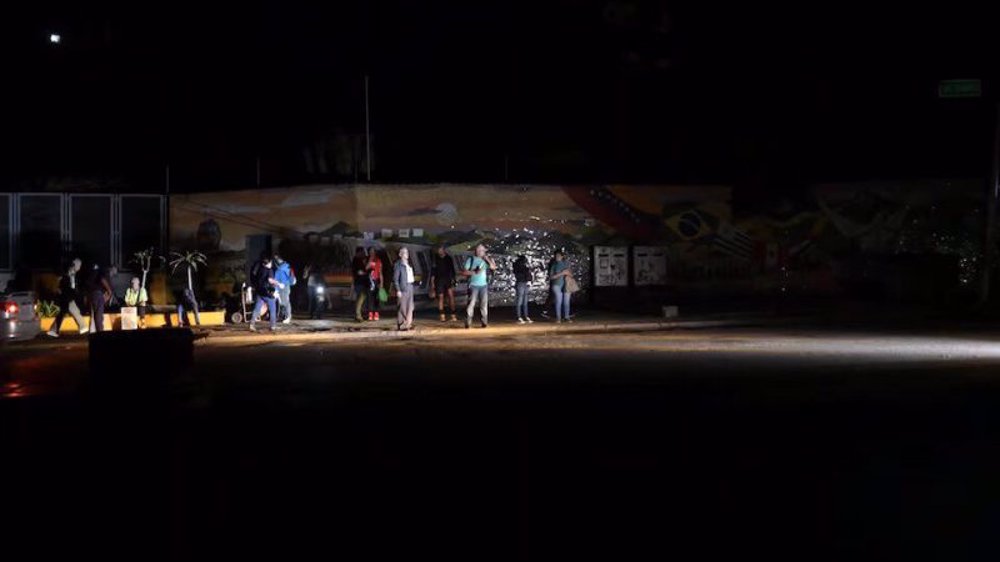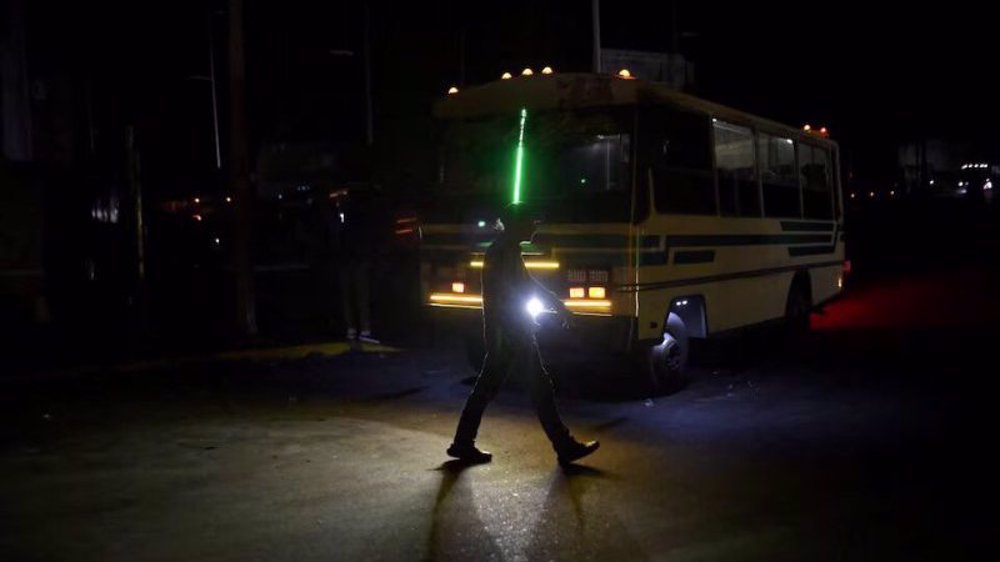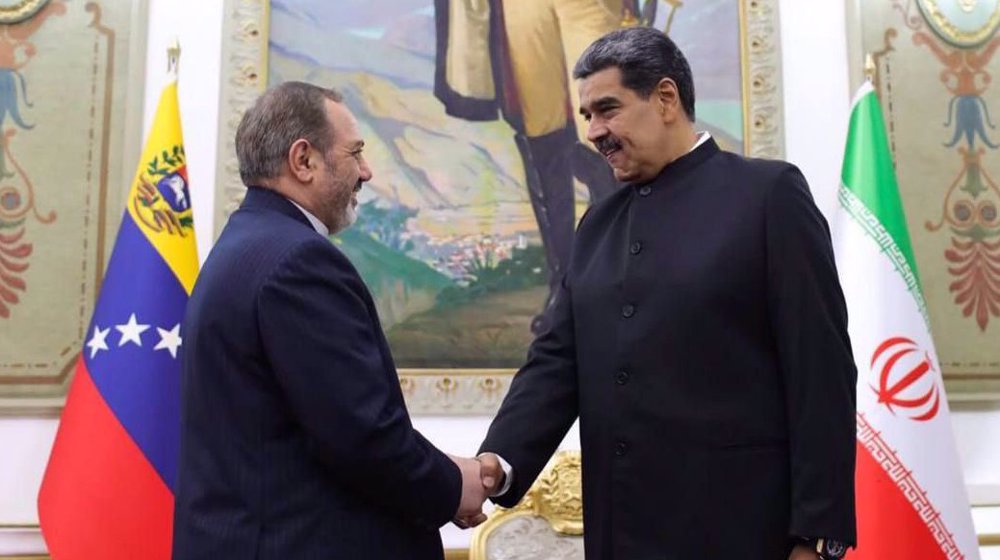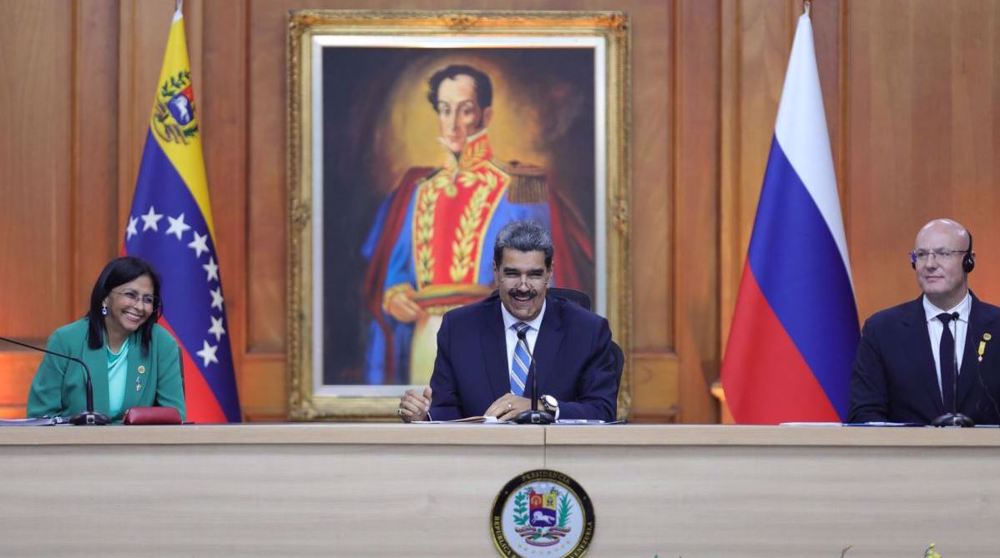New ‘terrorist’ attack disrupts 25% of Venezuela’s power transmission system, minister says
A new “terrorist” attack has disrupted 25 percent on Venezuela’s power transmission system, the country's energy minister says, less than a month after a nationwide outage that Caracas blamed on sabotage of the national electrical grid by the US-backed opposition.
In an interview with Venezolana de Television channel, Minister of Electric Energy of the Bolivarian Republic Jose Marques said that power outages had occurred in 25 percent of Venezuela’s territory as a result of a terrorist attack against the National Energy System.
“I want to once again condemn the terrorist attack on the nation’s electrical system, this time on our country’s transmission system. These terrorists only think about harming our country while our people work to move forward,” he said
“Terrorists are looking for ways to harm workers, pensioners, patients, children in schools, attacking the National Energy System to create anxiety and cause riots,” the minister further noted, stressing that these attacks are carried out by the Venezuelan extreme right wing with the aim of destabilizing the country.
Marques, however, did not give details about the sabotage, whose impact was immediately felt in the capital Caracas, forcing the underground transportation system to halt operations for about an hour.
He also assured that Venezuela’s state electricity company (Corpoelec) was working hard to quickly restore and resume services in the affected areas.
This new attack adds to a series of similar incidents that have affected Venezuela's electricity system in recent months.
Late last month, a massive outage affected 24 states for hours before the power was beginning to return to parts of Caracas, the southwestern state of Tachira, and western Merida.
President Nicolas Maduro said at the time that the blackout was the result of “attacks” on the Guri Reservoir, Venezuela’s largest hydroelectric project, by the opposition, which has led violent protest rallies to challenge his victory in the July 28 presidential election.
Press TV’s website can also be accessed at the following alternate addresses:








 This makes it easy to access the Press TV website
This makes it easy to access the Press TV website